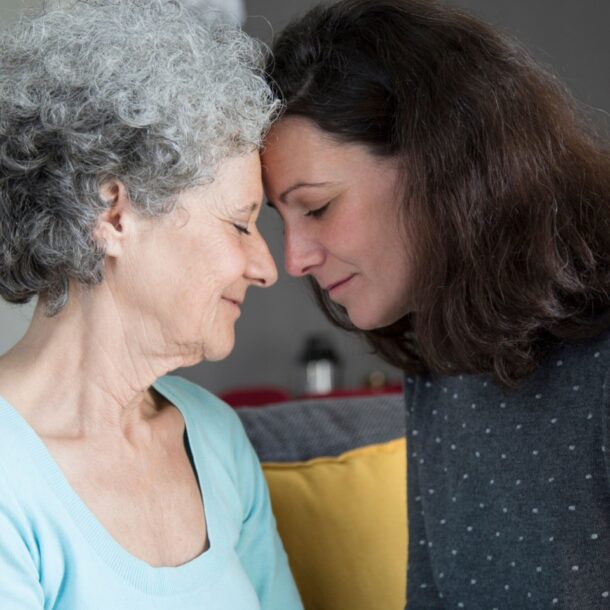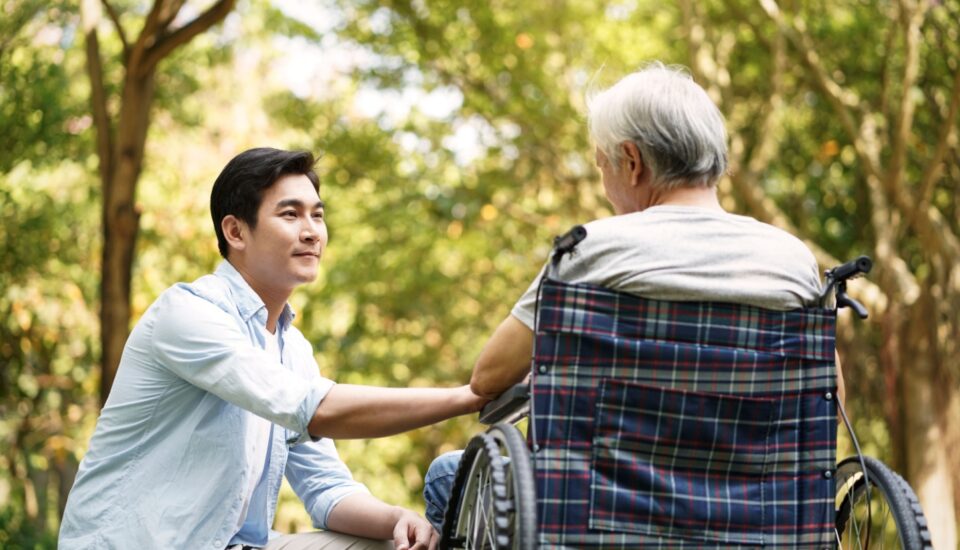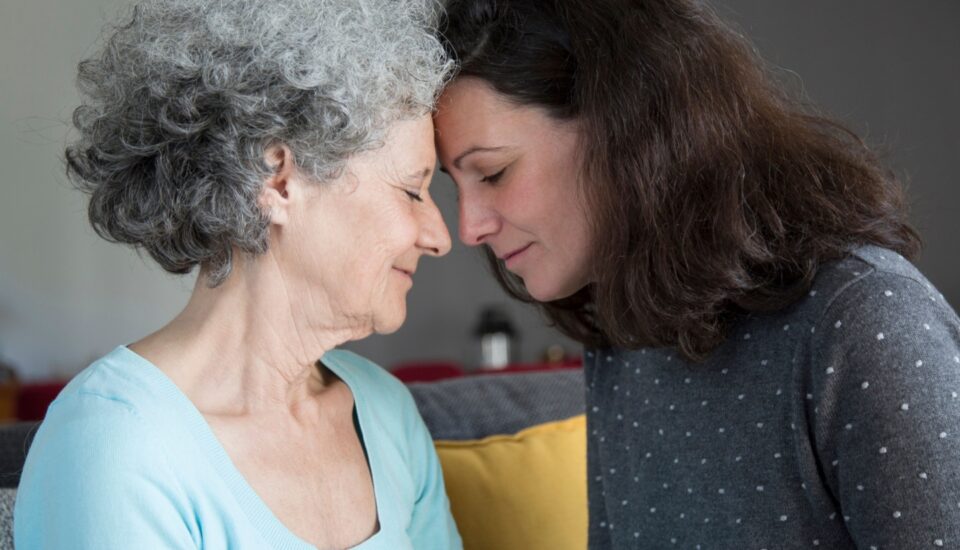
Embracing Ancient Wisdom: Companion Caregivers and End-of-Life Doulas in the Modern Era
In the whirlwind of modern life, where schedules are packed and responsibilities seem never-ending, it’s easy to feel overwhelmed, especially for those in the sandwich generation. Balancing the demands of caring for aging parents while raising a family of their own can feel like an impossible challenge. However, amid this chaos, there exists a beacon of hope rooted in ancient wisdom – companion caregivers and end-of-life doulas. These roles, deeply ingrained in human history, offer invaluable support and guidance to those at the end of their journey and to the caregivers navigating the complexities of the sandwich generation.
Companion caregivers, historically known as companions or attendants, have walked alongside individuals throughout history, offering companionship, assistance, and support during times of need. Their presence provides comfort and relief, easing the burdens of both the care recipient and their loved ones. In today’s fast-paced society, where loneliness and isolation are rampant, the role of the companion caregiver is more vital than ever. They offer physical assistance and emotional and social support, creating meaningful connections and fostering a sense of belonging for those they care for.
End-of-life doulas, often referred to as death doulas or death midwives, trace their origins back to ancient cultures where death was embraced as a natural part of life. These compassionate guides offer holistic support to individuals and their families as they navigate the end-of-life journey. From providing emotional support and practical assistance to facilitating discussions about death and legacy, end-of-life doulas empower individuals to approach death with dignity and grace. In a society that often shies away from conversations about mortality, their presence offers a safe space for exploration and acceptance, alleviating fear and uncertainty surrounding the dying process.
For the sandwich generation – those caught between caring for aging parents and supporting their own families – the roles of companion caregivers and end-of-life doulas can be a lifeline. As the demands of caregiving multiply and resources become stretched thin, these experienced professionals can expand the care team, offering much-needed relief and expertise. Rather than bearing the burden alone, caregivers can lean on companion caregivers and end-of-life doulas to share the load, allowing them to focus on what matters most – nurturing their relationships and cherishing precious moments with their loved ones.
One of the most significant challenges the sandwich generation faces is balancing their caregiving responsibilities with their own needs and obligations. Many find themselves stretched thin, juggling multiple roles and struggling to find time for self-care. Companion caregivers and end-of-life doulas provide a vital source of support, offering respite care and allowing caregivers to recharge and rejuvenate. Whether it’s a few hours of companionship or assistance with household tasks, their presence can make a world of difference, enabling caregivers to maintain their own well-being while continuing to provide quality care for their loved ones.
Moreover, companion caregivers and end-of-life doulas bring a wealth of experience and expertise, offering guidance and insight that can ease the caregiving journey. From navigating complex medical decisions to providing emotional support during difficult times, their wisdom can be invaluable to families facing end-of-life challenges. By tapping into their knowledge and resources, caregivers can better understand their loved one’s needs and preferences, ensuring that they receive the highest quality of care possible.
In addition to their practical assistance, companion caregivers and end-of-life doulas offer a unique form of emotional support that is often lacking in traditional caregiving settings. Through active listening, compassionate presence, and empathetic understanding, they create a safe space for individuals to express their fears, hopes, and desires. By validating their feelings and providing a nonjudgmental ear, they help alleviate emotional distress and foster a sense of peace and acceptance. This level of support can be profoundly comforting and empowering for the sandwich generation, who may be grappling with their own emotions and uncertainties.
As we navigate the complexities of modern life, it’s essential to recognize the value of ancient wisdom in meeting the needs of our aging population. Companion caregivers and end-of-life doulas embody a tradition of compassionate care that transcends time and culture, offering a holistic approach to support and healing. By embracing these roles and integrating them into our caregiving framework, we can create a more compassionate and sustainable model of care for generations to come. Let us honor the wisdom of the past as we journey toward a future where all individuals are supported and valued from the beginning of life to its natural end.
234 Olivine Circle
Townsend, DE 19734




